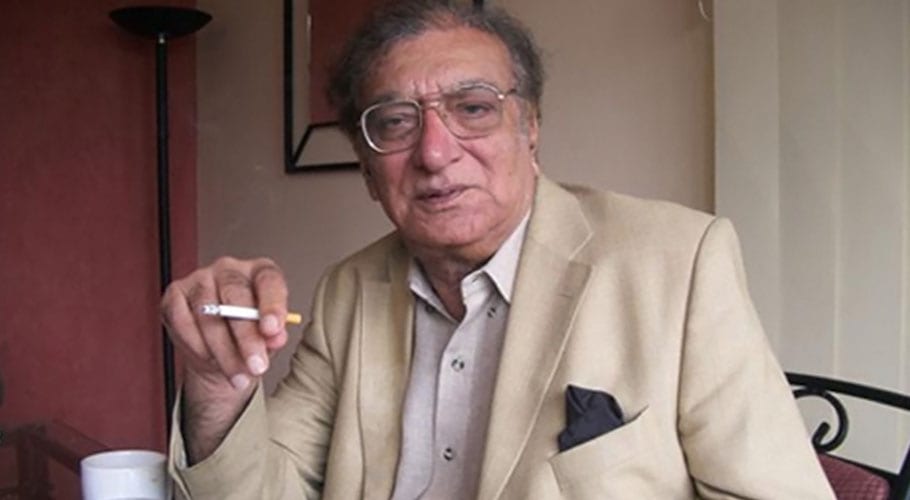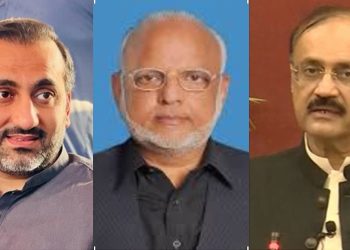12th death anniversary of renowned poet Ahmed Faraz being observed today
Related Stories
Trending Stories
Opinion
July 15, 2025
- Nadeem Moulvi
June 29, 2025
- Munir Ahmed
June 28, 2025
- Munir Ahmed
No posts found
NDMA issues alert for heavy rains, urban flooding in northern areas
by APP
A fresh spell of intense monsoon rains is forecast to hit northern Pakistan from...
Govt takes major decision to tackle sugar crisis
To control the sugar crisis in the country, the federal government has made a...
Tragic bus crash in Chakwal: 6 dead, 24 injured near Dhok Sial
A bus fell into a ravine near Dhok Sial on the motorway in Chakwal,...
MM Digital (Pvt.) Ltd.
MM News is a subsidiary of the MM Group of Companies. It was established in 2019 with the aim of providing people of Pakistan access to unbiased information.
Contact Details: 03200201537





































